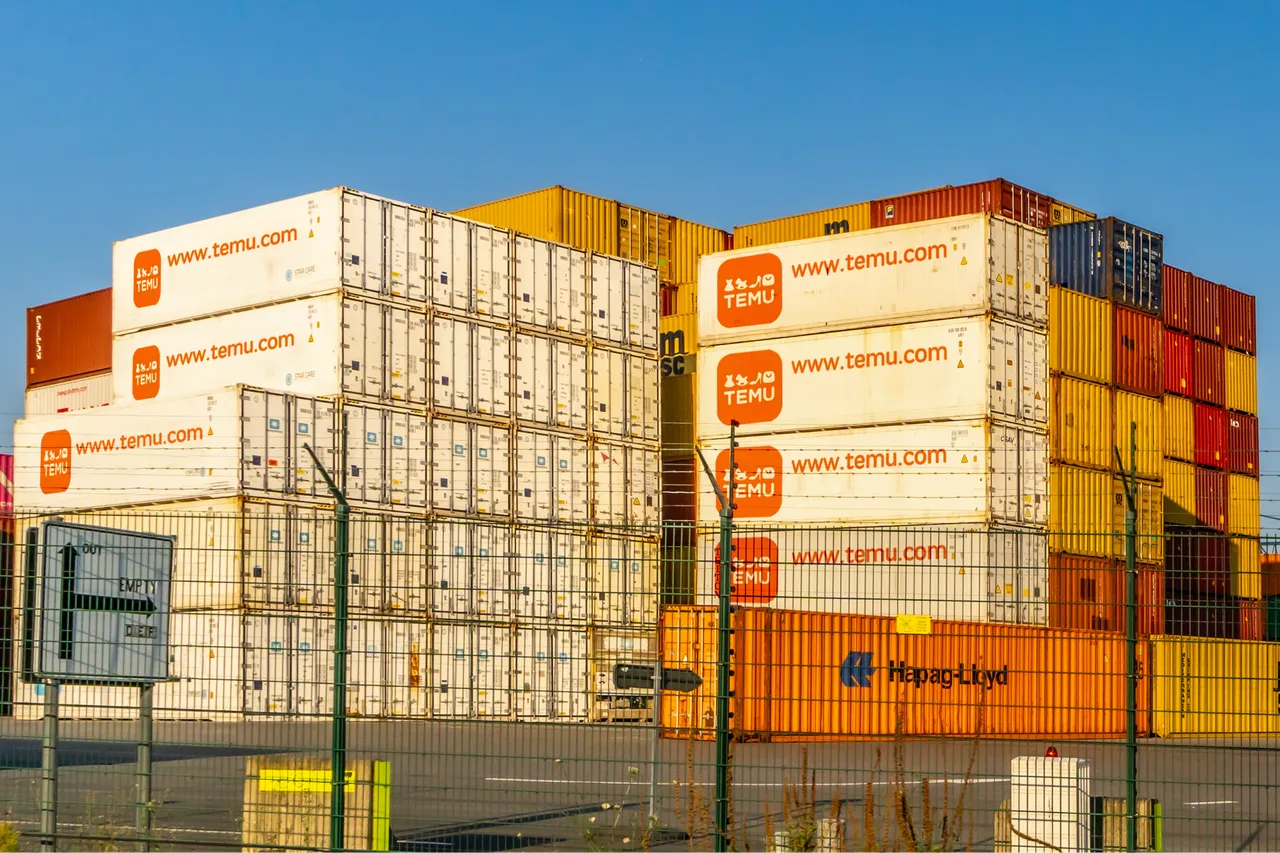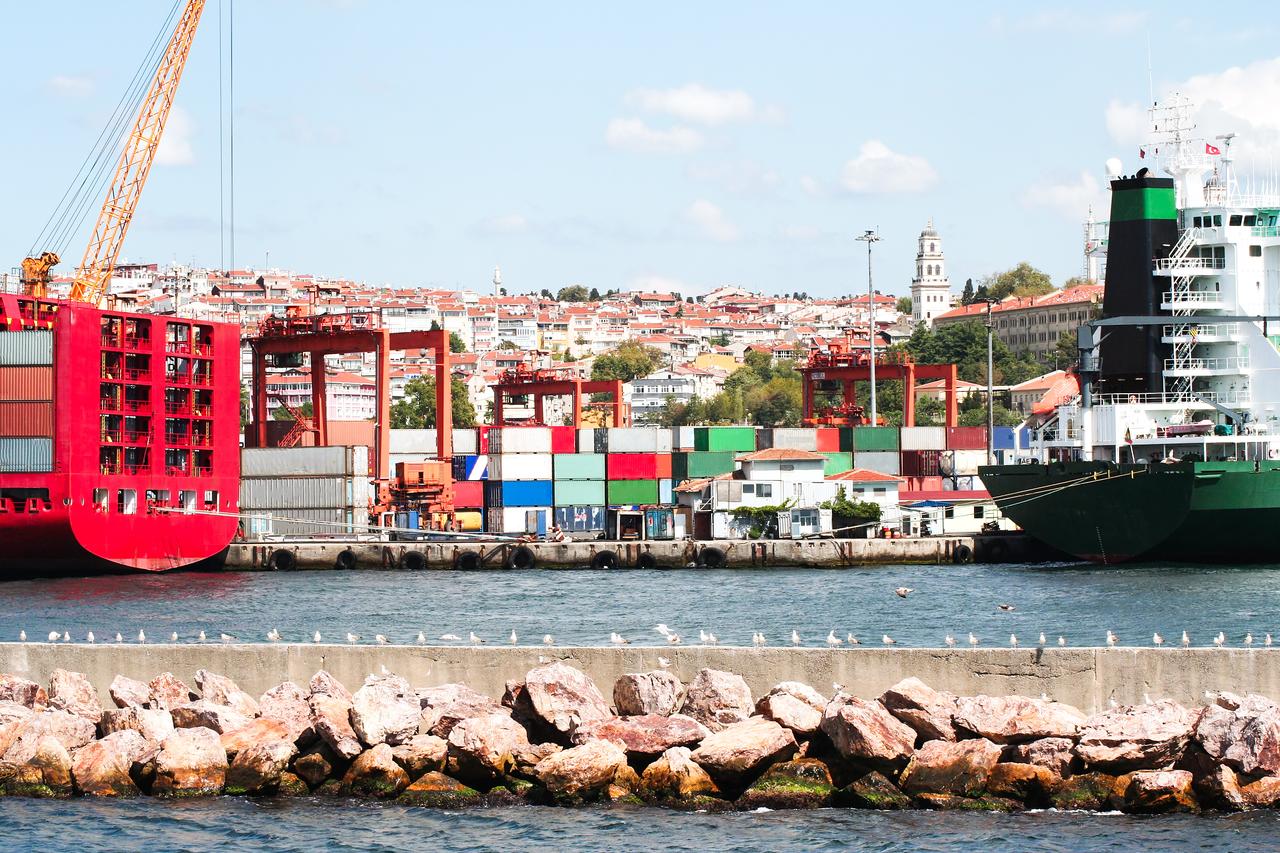
Chinese e-commerce platform Temu has come under government scrutiny in Türkiye over claims of price manipulation and unsafe products, after local industry representatives submitted their findings to the Trade Ministry and the Vice Presidency.
According to the Türkiye Footwear Industry Association (TASD), laboratory tests conducted by the association found that up to 50% of Chinese shoes imported via Temu contained carcinogenic materials. While no official investigation has yet been launched by the authorities, the association's head, Berke Icten, told Turkish media that Trade Minister Omer Bolat signaled an inspection would begin following the preliminary findings in his response.
Following the inspection, the Turkish government is expected to introduce tougher measures on Chinese shipments led by Temu, including stricter checks for harmful materials at the borders, potential value-added tax increases, and intensified inspections to determine whether the platforms comply with local requirements.
Icten argued that products from such platforms are not subject to Türkiye’s Foreign Trade Risk-Based Control System (TAREKS), which monitors product safety. As a result, goods that may contain carcinogenic or otherwise harmful materials can reach consumers without checks.
"Half of the products we tested contained high levels of carcinogenic and allergenic substances, as well as heavy metals. This creates a serious risk for consumers," Icten told business-focused dunya.com, also highlighting the economic pressure on the local producers amid substantially increasing Chinese shipments.
Icten noted that around 8 million pairs of shoes were imported into Türkiye via Temu in 2024, accounting for more than 10% of the country’s total footwear imports.

Icten also accused Temu and other Chinese e-commerce platforms of bypassing Türkiye’s regulations by not registering locally, even though the company announced in June that it had begun operations at its Istanbul hub.
This practice allows them to avoid displaying tax-inclusive prices, misleading consumers, while customs duties are charged only at the final stage of payment, effectively shifting the burden directly onto customers, he stressed.
Icten further noted that domestic producers are not opposed to competition but want a fair level playing field. "We are not against any platform selling in our country, but we want fair competition," he said.

Icten also argued that the surge in Chinese shipments has already forced about 200 medium-sized domestic manufacturers to close, with Temu’s annual shoe sales to Türkiye now estimated at $200 million.
The platform’s rapid expansion is also reflected in its web traffic figures, which have recorded more than 300% growth in online reach within a year, climbing from roughly 7 million visitors in July 2024 to 29 million by July 2025, according to data from online analytics firm Gemius Audience.
The Electronic Commerce Operators Association (ETID) also reported that such platforms could lead to a ₺500 billion ($12.18 billion) loss in added value for the Turkish economy in 2024, citing the diversion of consumer spending to companies not contributing to local taxes or employment.

Currently, all shipments from abroad are subject to customs duties if the total value, including shipping fees, exceeds €30 ($34.77), with rates set at 60% for products from China and 30% for goods from Europe.
Following reports circulating in Turkish media on Wednesday, several sources speculated that the government may abolish the duty-free threshold altogether, making all imported goods subject to customs duties regardless of cost.
Ministry sources cited by business-focused CNBC-e dismissed the rumors, clarifying that such a move is not yet considered. However, sector representatives maintain that discussions on tightening rules for foreign platforms are underway, particularly concerning customs duties, value-added tax (VAT), and additional charges such as stamp tax and handling fees.
Temu, a China-based e-commerce platform owned by PDD Holdings, the parent company of the popular shopping app Pinduoduo, entered the U.S. market in 2022 before rapidly expanding worldwide, including into Türkiye. Operating under the slogan "Shop like a billionaire," the platform reported an estimated $70 billion in revenue in 2024 and reached about 292 million monthly active users globally.
The platform was also brought under scrutiny in the EU when the European Commission launched an investigation in September 2024 into potential risks posed by Chinese e-commerce platforms, particularly Temu and Shein, to determine whether they violated the Digital Services Act. In its preliminary results shared in July, the Commission said the companies had breached the regulations by listing illegal and dangerous products on their platforms.